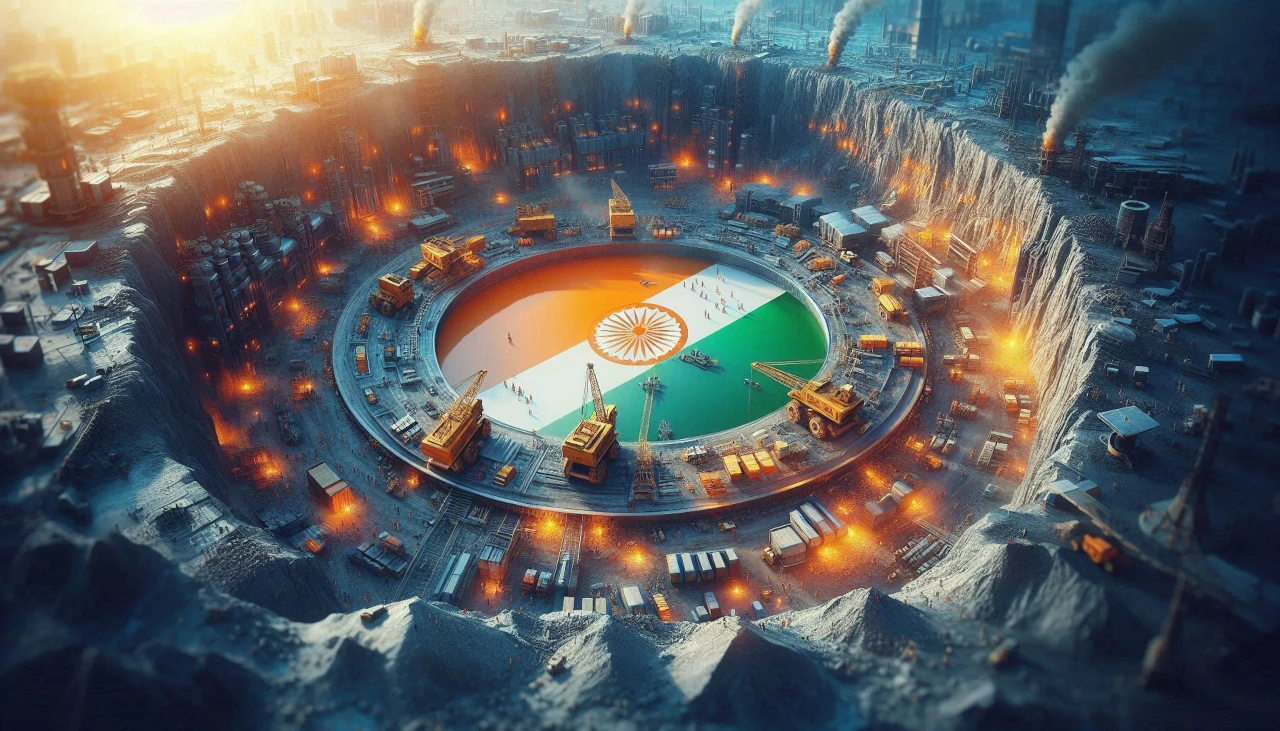As global clean-tech ambitions accelerate and China tightens its grip on rare earth exports, India is stepping up efforts to reduce its dependence on the world’s dominant supplier. With 6.27% of global rare earth reserves but contributing just 0.83% to global mining, India is now asking a critical question: Can it become a rare earth powerhouse—or will it remain a spectator in the global supply chain game?
1. Why Rare Earths Matter
Rare earth elements (REEs)—a group of 17 metallic elements—are essential for:
-
Electric vehicles (EVs)
-
Wind turbines
-
Smartphones and fiber optics
-
Defense and aerospace systems
China currently controls 68.6% of global REE mining and over 90% of processing, making it the undisputed leader in this strategic sector.
2. India’s Game Plan: National Critical Mineral Mission (NCMM)
Launched in 2025, the NCMM aims to:
-
Conduct 1,200 exploration projects by FY2031 via the Geological Survey of India
-
Boost domestic refining through Indian Rare Earths Ltd. and the Atomic Minerals Directorate
-
Develop high-purity REE oxides from monazite sands
-
Promote urban mining and e-waste recycling for REE recovery
3. The Challenges Ahead
-
Lack of refining tech: India lacks commercial-scale separation and magnet-making capabilities
-
Import dependence: 80% of India’s magnet demand is still met by China
-
Infrastructure gap: No domestic ecosystem yet for heavy rare earths like dysprosium and terbium
-
Capital and policy support: Industry leaders call for PLI schemes, recycling mandates, and R&D incentives
4. The Silver Linings
-
India’s REE imports from Hong Kong, Japan, and Mongolia are rising, signaling diversification
-
Startups like Attero are pioneering e-waste recovery with 98% efficiency and 99.9% purity
-
India’s clean energy goals—500 GW by 2030 and net-zero by 2070—are driving urgency and innovation
Conclusion
India’s rare earth ambitions are no longer aspirational—they’re essential. But to truly break China’s grip, India must build a vertically integrated REE ecosystem that spans mining, refining, magnet production, and recycling. The race is on—and the stakes are geopolitical, economic, and environmental.
Sources: BusinessWorld, Fortune India, Outlook Business
